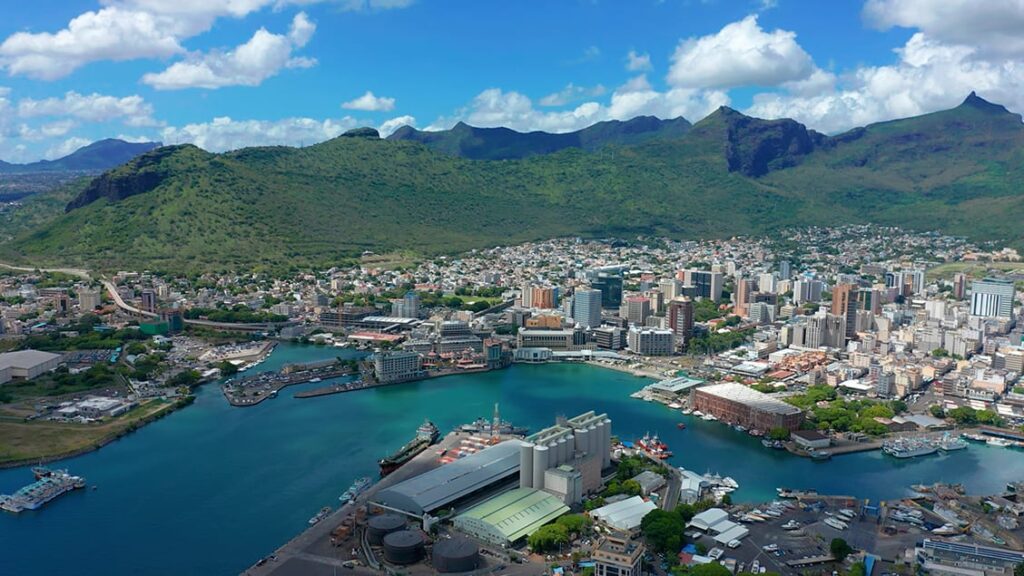Mauritius, long celebrated for its stunning beaches and tropical climate, has steadily emerged as a global financial hub. In recent years, the country has undergone significant financial shifts for foreigners, making it an increasingly attractive destination for investors, expatriates, and business professionals. These changes in taxation, residency, and regulatory frameworks have positioned Mauritius as a prime location for wealth management, investment, and international business.
Mauritius: From Tourist Paradise to Financial Powerhouse
Historically, Mauritius relied on sugar exports and tourism as its main economic pillars. However, the government recognized the need to diversify the economy to attract foreign capital and talent. Today, Mauritius boasts a well-regulated International Financial Centre (IFC) that connects investors to Africa and Asia, providing a strategic gateway for international business.
The country’s stable political environment, low tax rates, and adherence to international financial standards have made it a safe and attractive destination for foreigners seeking both personal and corporate financial opportunities.
Key Financial Shifts Affecting Foreigners
Taxation Reforms and Double Taxation Treaties
One of the most impactful shifts for foreign investors is the reform of Mauritius’s tax policies. The country has updated several Double Taxation Avoidance Agreements (DTAAs) to align with international standards, aiming to prevent tax abuse while maintaining competitiveness.
Mauritius offers a flat corporate and personal income tax rate of 15%, with no capital gains or inheritance tax. Additionally, partial exemptions on certain types of foreign income, including dividends and interest, continue to make Mauritius a favorable jurisdiction for investment and wealth management.
Residency and Investment Incentives
Mauritius has streamlined residency options for foreigners through programs like the Occupation Permit (OP) and Permanent Residency schemes. These reforms reduce minimum investment requirements and extend permit durations, making it easier for investors, professionals, and retirees to relocate.
Programs such as the Property Development Scheme (PDS) and Smart City Scheme allow foreigners to acquire property while gaining eligibility for residency. These integrated initiatives encourage long-term investment and contribute to the island’s economic growth.
Fintech and Digital Financial Services
Mauritius is embracing innovation with a focus on digital finance. Regulatory frameworks introduced by the Financial Services Commission (FSC) support fintech, virtual assets, and digital banking, enabling international investors to establish secure, technology-driven financial operations.
This commitment to innovation ensures that Mauritius remains competitive globally, attracting foreigners interested in digital asset management, blockchain, and other fintech solutions.
Strengthened Regulatory Compliance
Mauritius has enhanced its Anti-Money Laundering (AML) and Counter-Terrorist Financing (CFT) measures to meet global standards. The country’s removal from the FATF “grey list” reflects its commitment to transparency and financial integrity.
For foreigners, this increased compliance provides confidence that their investments are safeguarded within a secure and reputable financial environment.
Benefits for Foreign Investors and Expatriates
Foreigners looking to move to or invest in Mauritius enjoy several advantages:
-
Attractive tax regime: Competitive flat rates and exemptions for foreign income.
-
Political and economic stability: Strong governance ensures predictable investment conditions.
-
Global connectivity: Strategic location for African and Asian markets.
-
Ease of doing business: Simple procedures for company registration, banking, and property acquisition.
-
High quality of life: Modern infrastructure, healthcare, and education make Mauritius a desirable relocation destination.
Challenges to Consider
While Mauritius offers many opportunities, foreigners should also consider:
-
Cost of living: Urban and expatriate-focused areas can be relatively expensive.
-
Legal complexities: Navigating property acquisition, taxation, and residency regulations may require professional guidance.
-
Evolving policies: Financial regulations are regularly updated to align with global standards, so staying informed is crucial.
Proper planning and local expertise are essential to fully leverage Mauritius’s financial opportunities.
Future Outlook
The trajectory of Mauritius as a financial hub is promising. The government continues to focus on sustainability, digital innovation, and international cooperation, ensuring that the country remains an attractive destination for foreign capital.
The combination of stable governance, progressive tax policies, and a modern regulatory framework will likely attract more high-net-worth individuals, entrepreneurs, and corporate investors in the coming years.
Conclusion
The financial shifts in Mauritius for foreigners reflect the country’s evolution from a tourist hotspot to a strategic global financial center. With tax reforms, enhanced residency options, fintech adoption, and strengthened compliance measures, Mauritius has created an environment that is both attractive and secure for international investors.



